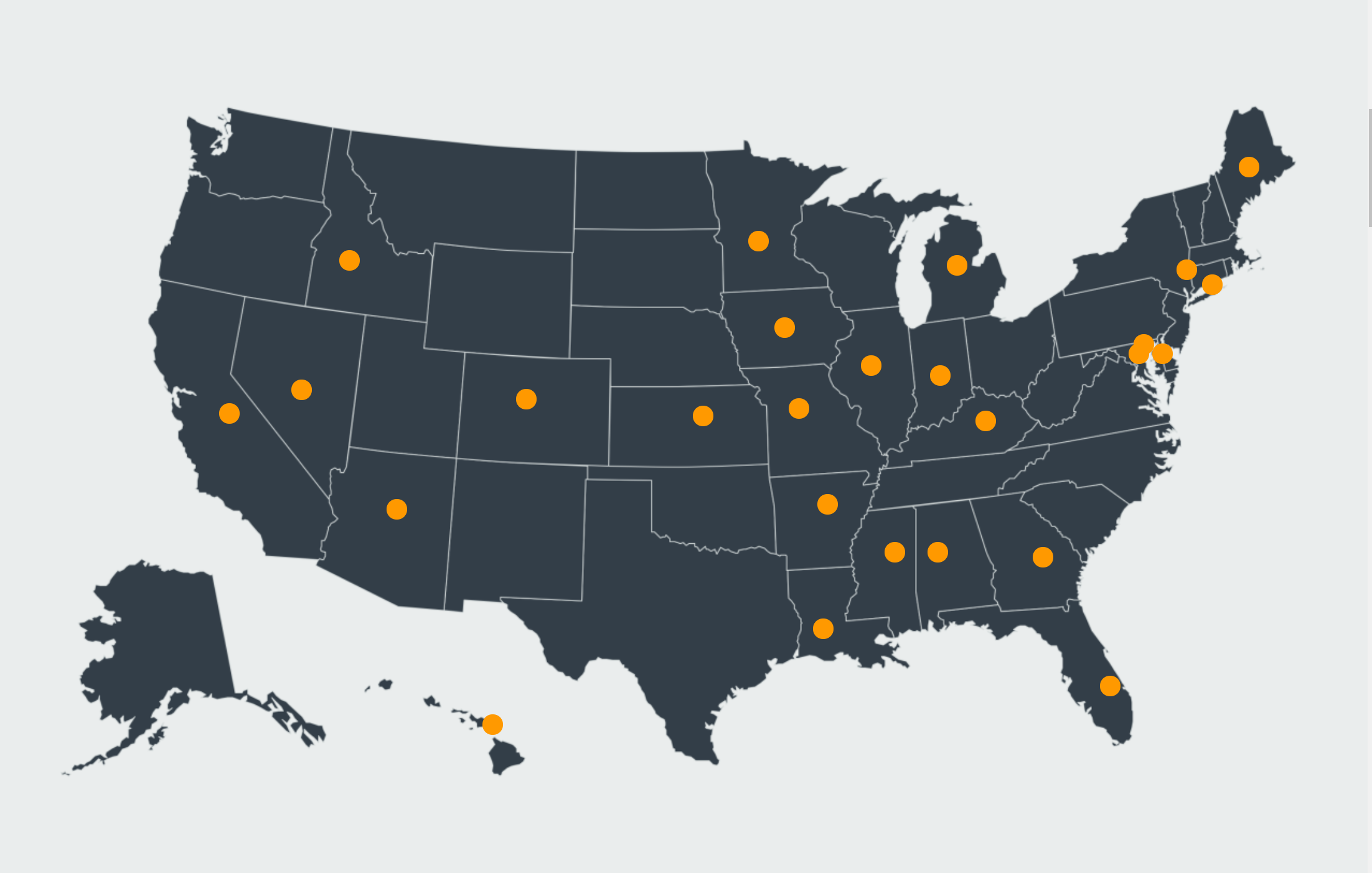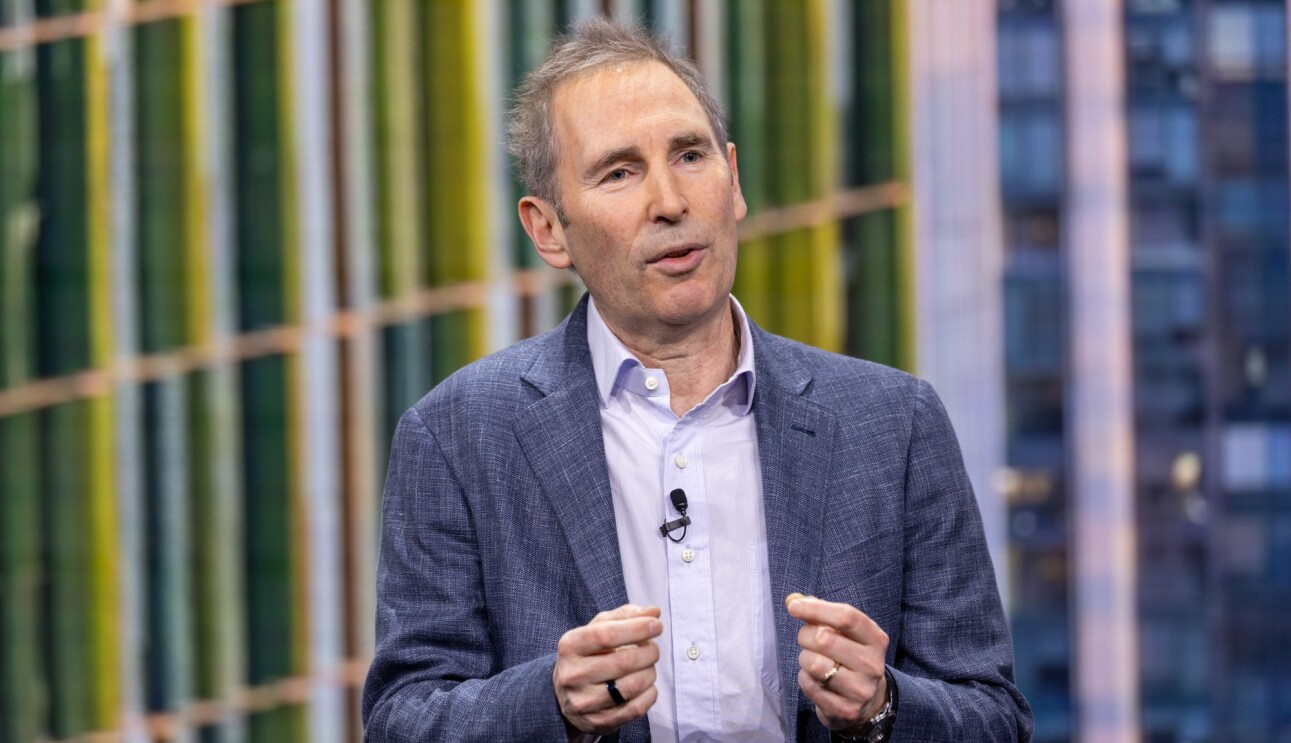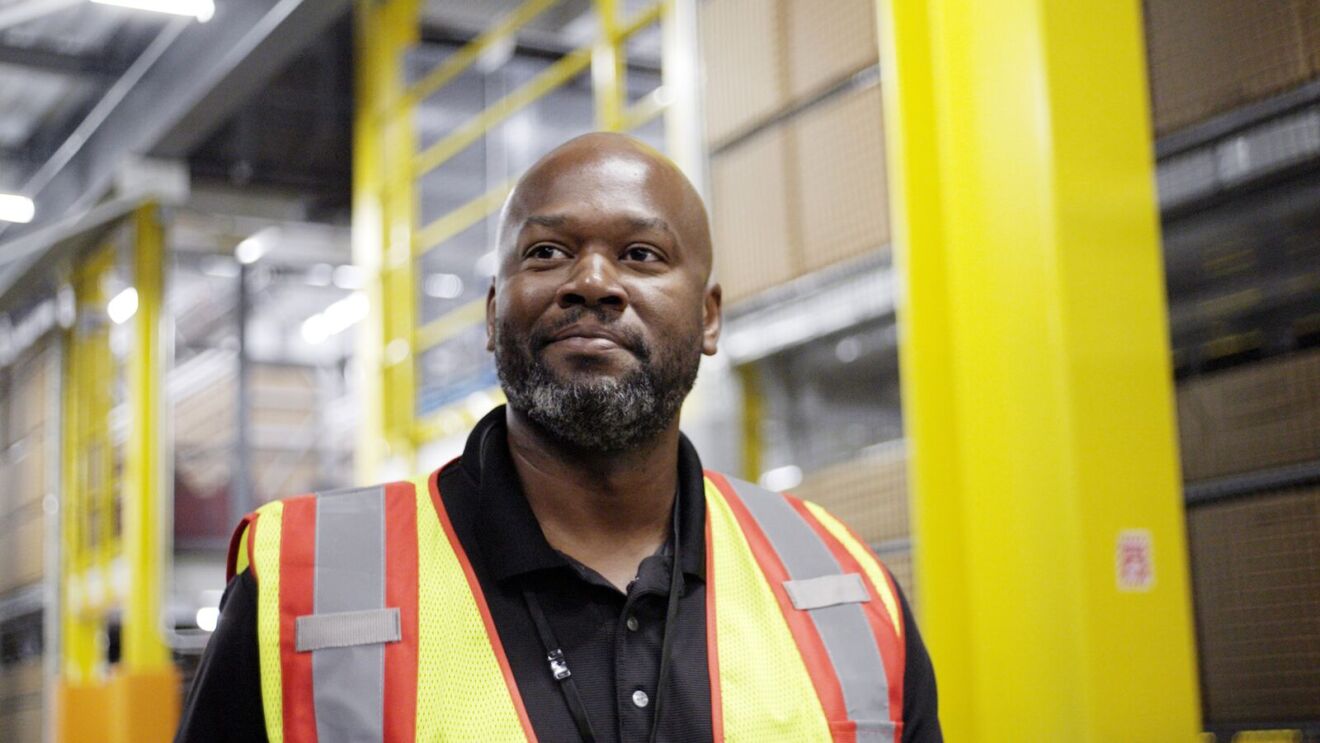Millions of workers around the country are taking advantage of training opportunitiesusually paid for by their employer, to boost their skills, raise their pay—by 9% on average—and enhance job satisfaction. Yet all too often, these opportunities are only available to workers who are already in skilled professions and denied to those who want to change careers.
The pandemic upended the U.S. labor market almost overnight. Though these changes were dramatic, and the economy has not fully recovered 18 months later, focusing on the pandemic-induced recession misses important and enduring trends that are shaping the labor market.
One recent trend is that the demand for work is growing faster than supply, which has made hiring more difficult for employers. Since 2015, the number of monthly job vacancies has exceeded the number of monthly hires in the U.S. every month, except in May and June of 2020. With the economy continuing to reopen, labor demand is again surpassing labor supply.
The rate of job openings is the highest it has been since the Bureau of Labor Statistics Job Openings and Labor Turnover Survey began in 2000, with a ratio of roughly two positions filled for every three that are open in recent months. This is good news for workers, because it has translated into wage growth and more options for work.
Another longer-term trend is the high and growing value of skills. Skills can be defined as the expertise and productive characteristics that workers use to complete tasks. Educational attainment and occupational roles are increasingly linked to pay, as the highest-paying jobs bundle together skills learned through both schooling and experience. Employers often say they want more “skilled workers,” and employees benefit from acquiring new skills because skills and pay tend to increase together.
New research shows workers prioritize skills training
Employer-provided upskilling offers a way to solve recruitment challenges, raise productivity, and increase pay, according to new data.
In partnership with Amazon, Gallup launched a survey of 15,066 adults in the U.S. in June of 2021 to ask about upskilling interest, experience, and outcomes. Upskilling was defined as training that could “help you upgrade your skills or learn new skills to advance your career.”
The results are described in our report, “The American Upskilling Study: Empowering Workers for the Jobs of Tomorrow.” Here are the three key findings:
Interest in employer-provided upskilling is widespread
Most workers (57%) are very or extremely interested in participating in training to upgrade their skills or to learn new skills that could help them advance their career. When that training is free and workers are paid while doing it (as they would be during work), interest goes up to 71%. By contrast, 47% of workers are interested in training at a college or university.
When asked why they were interested in upskilling, most workers (59%) said they wanted to advance in their current career, whereas a smaller—but still large—number (38%) were interested in changing careers.
Upskilling disproportionately involves the skilling of the skilled
Participation in upskilling is common—in that 52% of people in the workforce have participated within the past year—but participation varies widely by occupation and education. Workers in highly skilled occupations are much more likely to be offered upskilling than those in lower-skilled jobs. For example, 75% of workers in computer occupations have participated in upskilling within the past year, and 72% of engineers and science workers. At the low-end, less than one-third of workers in food preparation, office administration, production, and transportation roles have participated in upskilling.
For workers with a bachelor’s degree or higher, 66% have recently completed upskilling, far more than the 44% with a high school diploma. This is especially troubling alongside our finding that workers with a high school diploma are about twice as likely as those with a bachelor’s degree to say they want upskilling to change careers (46% versus 24%, respectively).
Upskilling works
Nearly three-in-four workers (71%) who have participated in upskilling agree or strongly agree that it has enhanced their satisfaction with work. Roughly two-in-three workers say it has raised their standard of living and quality of life. Workers who have upskilled are 17 percentage points more likely to be in a good job, defined by Gallup as high levels of satisfaction across 11 dimensions of work that are important to workers. This job-quality effect is not driven by interest in upskilling or demographic differences (e.g., age, race, gender, state) or occupation or sector differences, as we controlled for these factors in the analysis.
We estimate that aside from job quality, upskilling boosts annual wages by 8.6%. For the average worker in our survey, we’d predict that upskilling would result in a raise of $8,000 per year. We cannot be sure that this effect is caused entirely by upskilling because access to upskilling is not random. But as with job quality, we attempted to compare workers who were as similar as possible in occupation, industry, education, and interest in upskilling when making this calculation. Moreover, the 8.6% effect is very close to what has been identified by academic researchers in a review of the effects of training.
At a time when the country is wrestling with the aftermath of a global pandemic, thousands of unfilled job vacancies, and sky-high costs for higher education, upskilling provides a way for workers to advance their careers. Most workers tell us that upskilling is an important benefit that they consider when deciding whether or not to apply for a new job. Many are using it to move up and out of their current roles. Among those who recently completed upskilling, 30% tell us that they have started a new, better-paying or higher-skilled job.
Employers looking to attract and retain workers should recall this: Providing employer-paid training during work-hours is an important benefit to workers and the national economy.
Trending news and stories
- Amazon Pharmacy will expand Same-Day Delivery to nearly 4,500 cities in 2026
- 13 films and series to watch for Valentine’s Day on Prime Video
- Getting started with Alexa+: Simplify home organization with recipes, calendars, and reminders
- How to stream Seattle Kraken games on Prime Video during 2025–26 season











